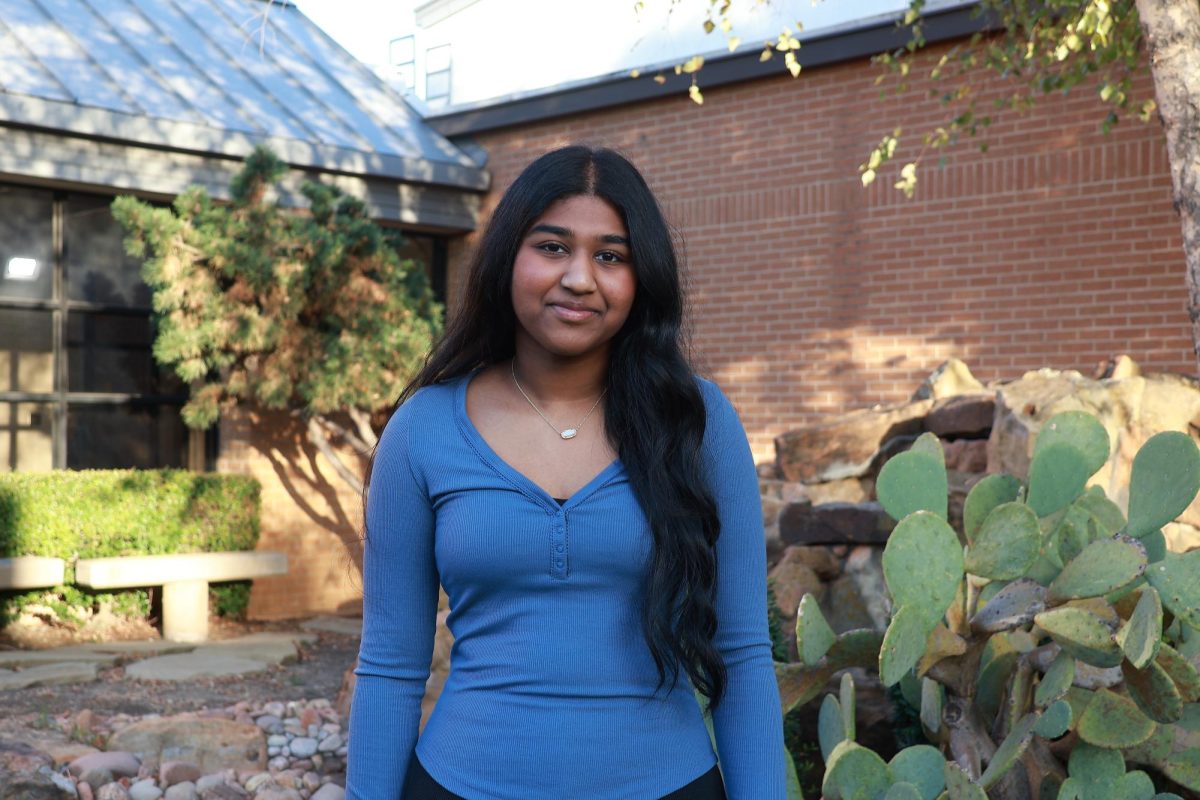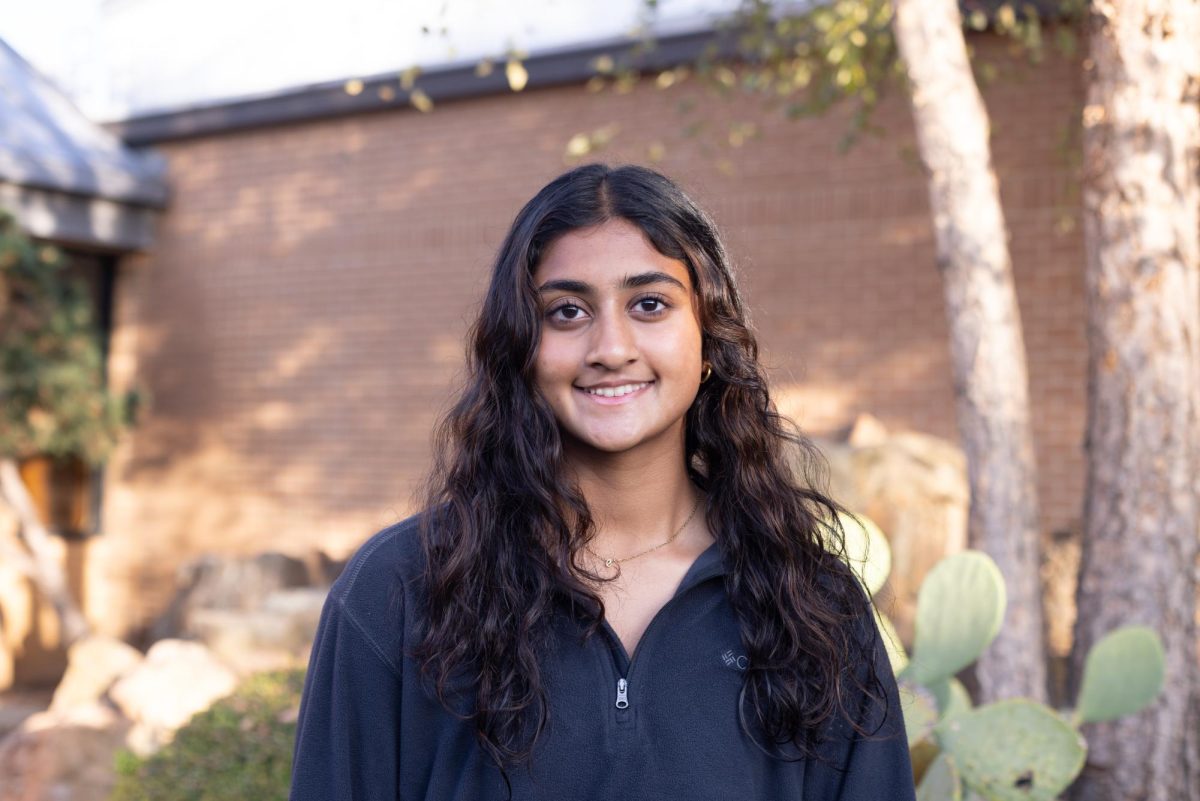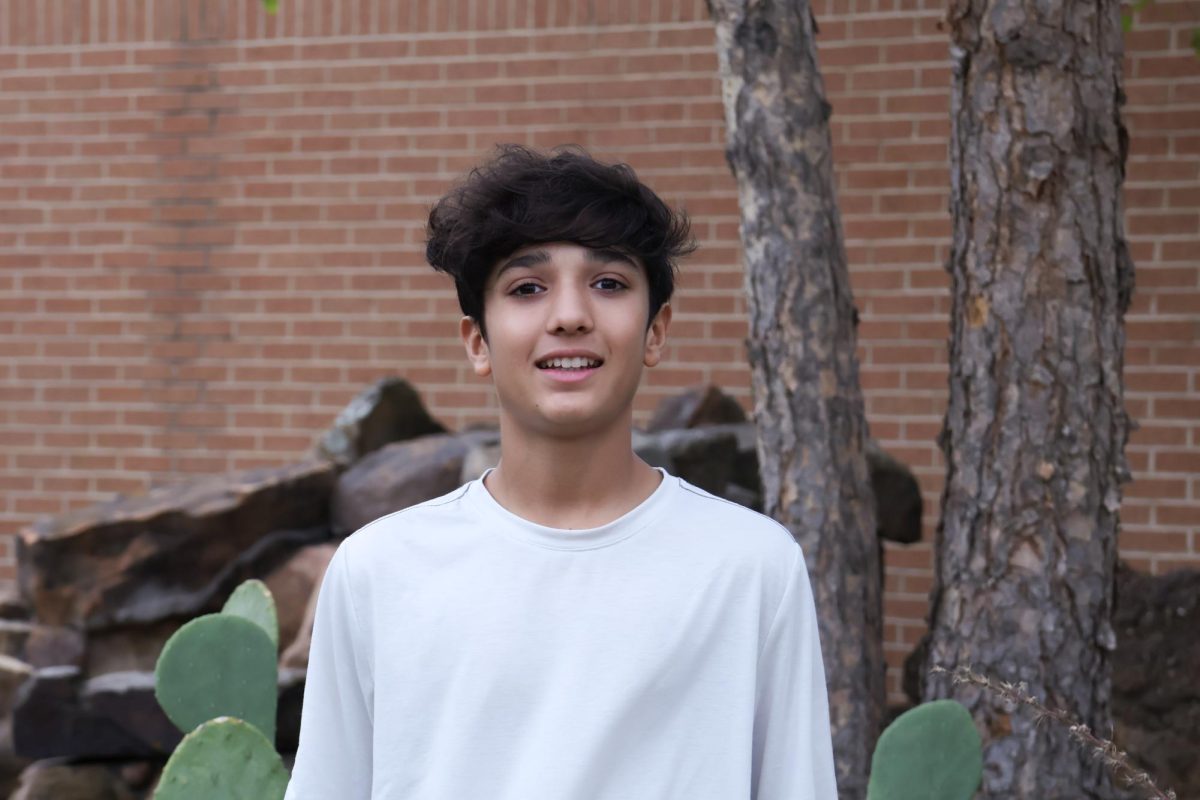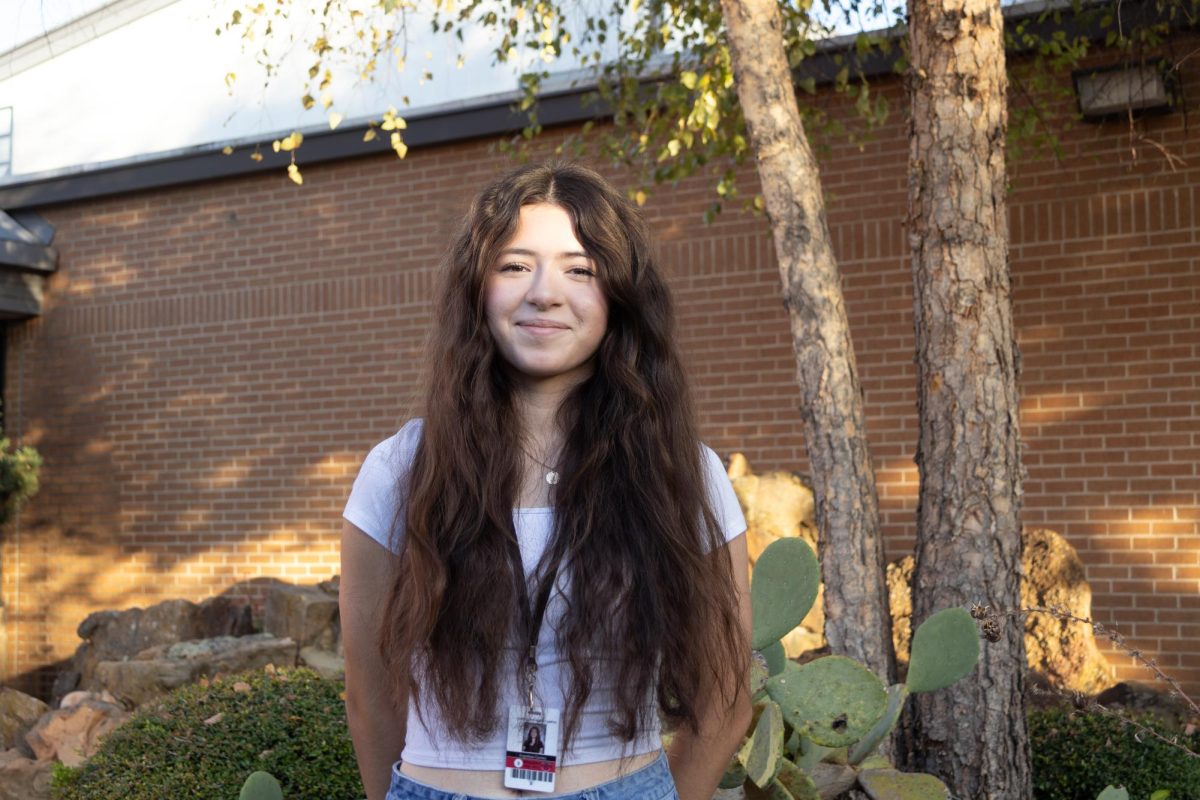Let’s face it: Facebook isn’t just for teens anymore.
More and more adults have begun to join the trend after realizing its potential as a great tool for keeping in touch with people. According to iStrategyLabs, the 35-54 year-old demographic more than doubled in 2009. So it isn’t hard to believe that teachers would have Facebook pages too, nor that many students would request to be a teacher’s Facebook friend, either because they like that teacher or because they are simply curious.
However, some teachers, such as English teacher Michael Vergien, refuse to add their students as Facebook friends until after they’ve left their class or graduated.
“It’s really not that I’m a wild and bad person that does all these crazy things on the weekend,” Vergien said. “I just wanted to maintain some kind of separation between students and teacher as far as that goes. I just wouldn’t want something said to be misinterpreted. Because as deconstructive criticism says, ’Language is not the useful tool for communication that we think it is.’”
Not all CHS teachers share Vergien’s attitude about adding students as Facebook friends. Chemistry teacher and IB Coordinator Jeb Puryear believes Facebook is an important way to get news out to students.
“I feel like it’s a really good means of communication,” Puryear said. “Kids use Facebook more than they use Blackboard, to be quite honest. I feel like it’s a more efficient way to keep in touch with people. To be clear, I don’t add people. I accept when they do. It’s not like I’m out there stalking the students.”
However, there are downsides to allowing teachers access to some personal things, like status update.
Sophomore Neha Dubey realized this when she posted a status complaining about an math assignment.
“I set my Facebook status as totally bashing my teacher and then she commented on it, reminding me I was Facebook friends with her,” Dubey said. “It was weird and really uncomfortable.”
Principal Brad Hunt also has a Facebook page and, like Puryear, adds students who request to be his friend.
“It started off where you get the invite if you want to be in the SADD group or STUCO, and I was just trying to kind of stay informed of what was going on,” Hunt said. “And then it’s like, once you get on, there all these people start requesting to be your friend. I couldn’t differentiate between all of the former and current students like other teachers do.”
Whereas other teachers use Facebook as an instructional tool, Hunt uses it mostly for recreational and social-networking purposes, like keeping in touch with old students and friends from his own high school days. However, that doesn’t mean he can totally keep school separate from home. Hunt said he is constantly flooded with messages from students about school-related things.
“‘Mr. Hunt, will you be at the school any time over the break because I need to get my VOE form and I forgot?’ ‘Mr. Hunt, I left something in my locker, are you going to be up at school over break?’ I got several of those,” he said. “‘When are playoff tickets available?’ Stuff like that is pretty common.”
But even Hunt wasn’t sheltered from some of the awkwardness that can occur from being friends with teachers.
“A teacher put on Facebook that they were interviewing for another job before they had said something to me,” he said. “We talked about it later and they are no longer employed here.”








